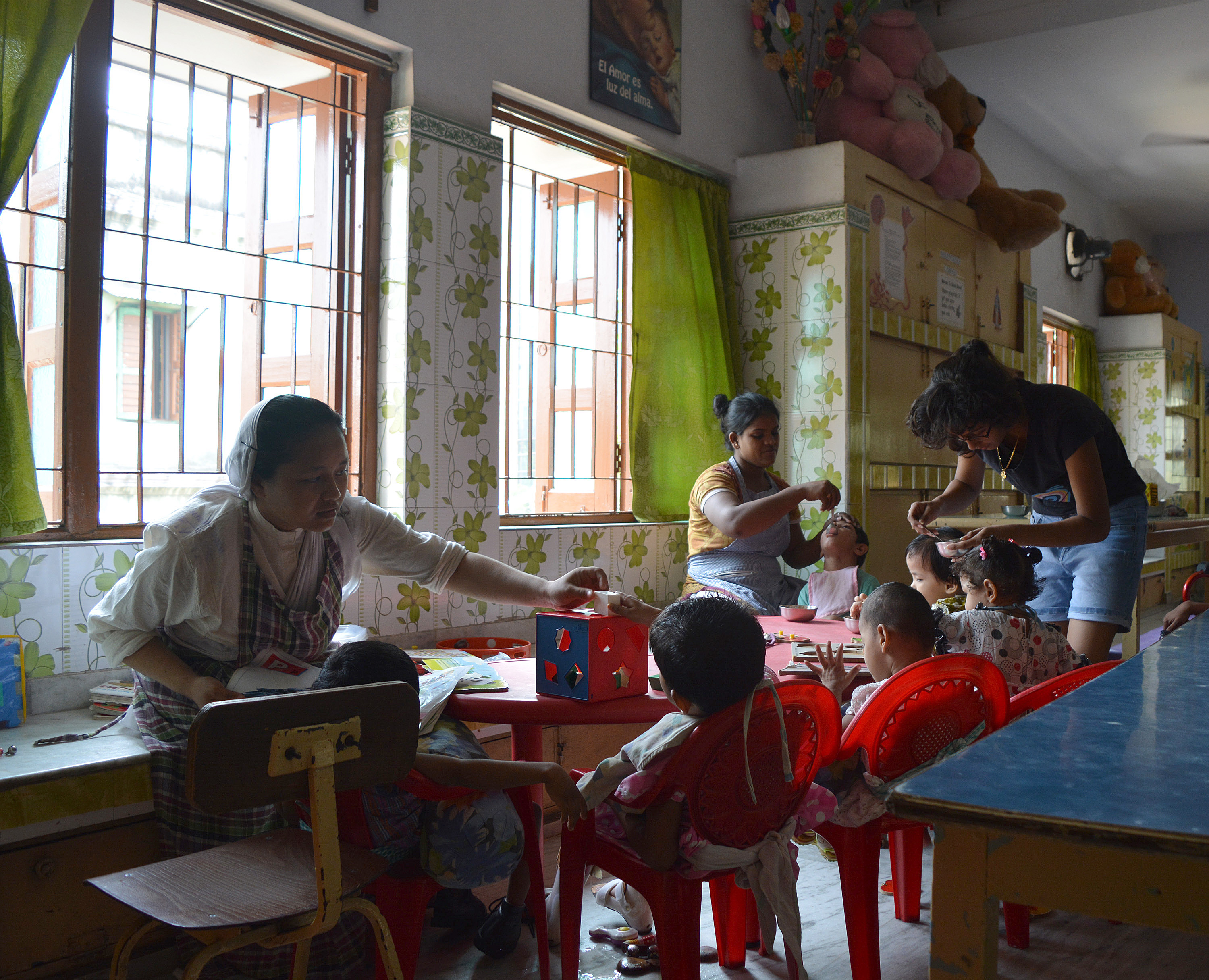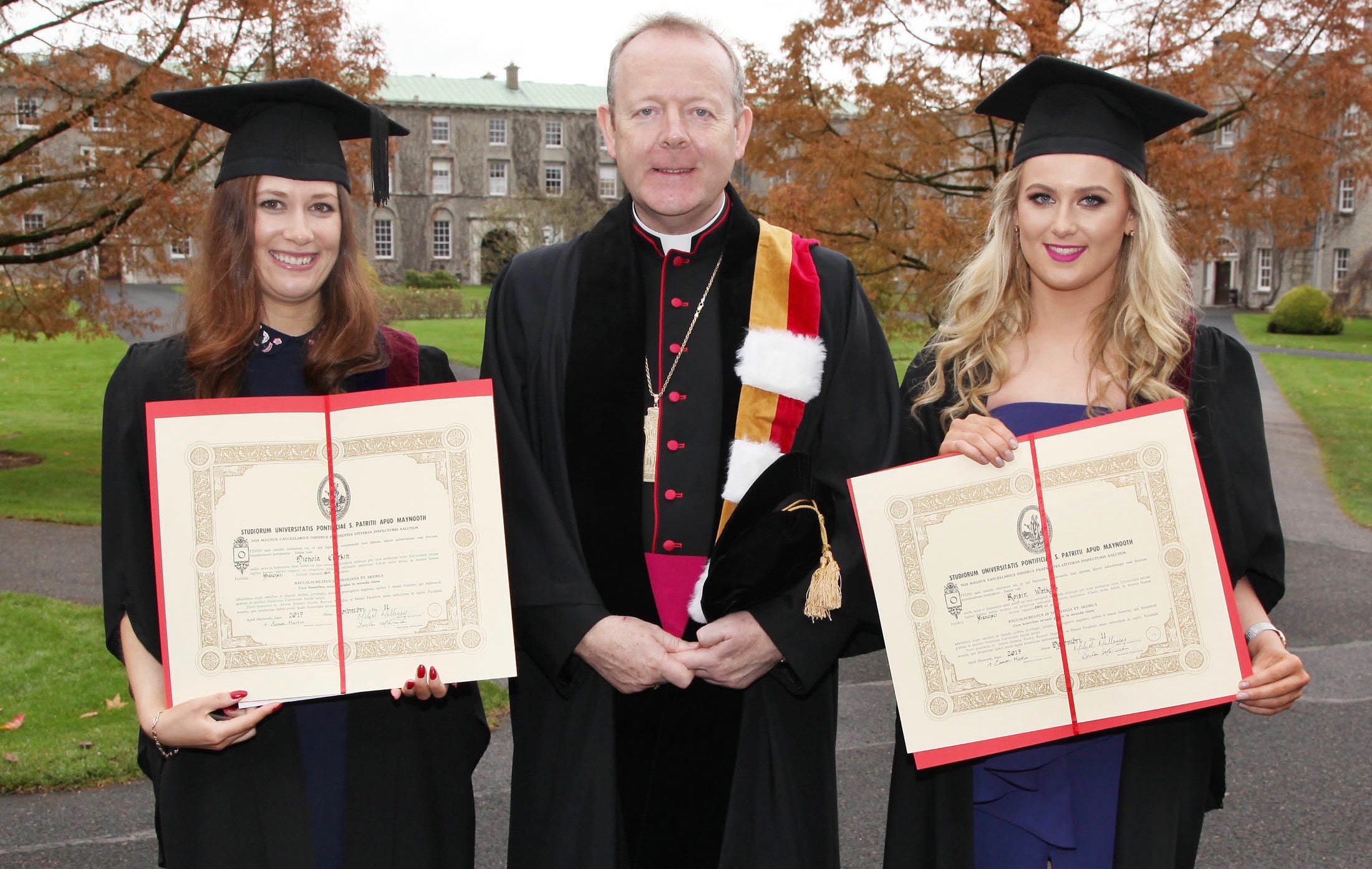The threat to Gospel values lies in popular relativism which questions any objective truths and relegates the right to life beneath the right to individual choice, the head of the Irish Church has warned.
In his homily for the opening Mass of the 26th General Assembly of the International Federation of Catholic Universities at Maynooth on Monday, Archbishop Eamon Martin acknowledged that it is a “challenging time to be a leader in a Catholic university”.
Addressing delegates from all over the world, including Cardinal Giuseppe Versaldi, Prefect of the Congregation for Catholic Education along with 200 university presidents, vice-presidents and international development officers, he encouraged them “not to be afraid to celebrate and openly proclaim the ethos of your universities – connected as they are to Christ and to the Church’s mission – to bear much fruit.”
But he also stressed that in the 21st century, the ‘vineyard of the Lord’ cannot “remain walled off from the influences and challenges of a fast-paced, multimedia world”.
The Archbishop, who is Chancellor of St Patrick’s College Maynooth, told the delegates that the task of Catholic universities is to offer spaces for dialogue and encounter between faith and culture where students can learn and test ideas, while being nourished by the very best of Christian scholarship.
The four-day conference at St Patrick’s College Maynooth is themed "Catholic universities, working in solidarity as responsible agents from the local to the global".
Of the university in Maynooth, he said young adults of all faiths and none, meet and interact, sharing their ideas and hopes for the present and future, engaging with a rapidly evolving culture and learning to discern amidst the often contradictory messages which push, and pull, them this way and that.
Archbishop Martin reminded the international delegates that 160 years ago, Blessed John Henry Newman founded his Catholic University in Dublin.
For Newman, a Catholic university was a space to cultivate the mind and to foster an intellect that is comprehensive and versatile enough to be able to instinctively evaluate "things as they pass before us".
“A liberal education for Newman, was about forming the intellect to have a ‘connected view or grasp of things’ rather than simply to be dazzled by all that is new and different,” he said.
Highlighting the importance and the richness of sharing and collaboration within the catholic university sector, he said the International Federation of Catholic Universities thrives on the exchange of ideas and skills, on cooperation in academic research, and on shared reflection.
The four days of the assembly would afford them the opportunity to “engage in a constructive critique of what it means to be a Catholic university, responding to the challenges of the 21st century,” the Archbishop of Armagh said.
Referring to the conference’s setting in Ireland, he said, there is “a tremendous sense of anticipation as we count down the days to the World Meeting of Families and the visit of Pope Francis”.
The Assembly is looking at how to bring the teachings of Laudato Si’ into its network of third level institutions and address issues linked to the social responsibility of Catholic universities.
Ahead of the opening of the General Assembly, Professor Michael Mullaney of St Patrick’s College Maynooth said, “the complexities of globalisation and the global problems of poverty, the ecological crisis and climate change, require sophisticated analysis for ethical solutions. Catholic universities must play an increasing role in the development of these solutions and in equipping graduates to take their place in the promotion of the human dignity of every person and the common good of all.”



 Loading ...
Loading ...